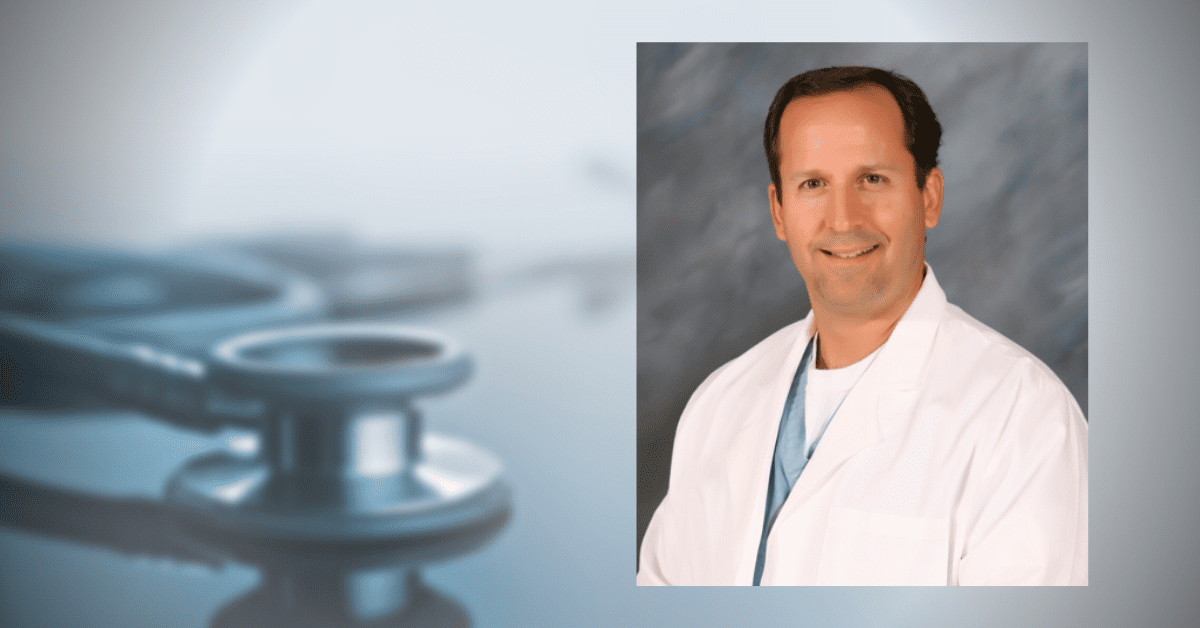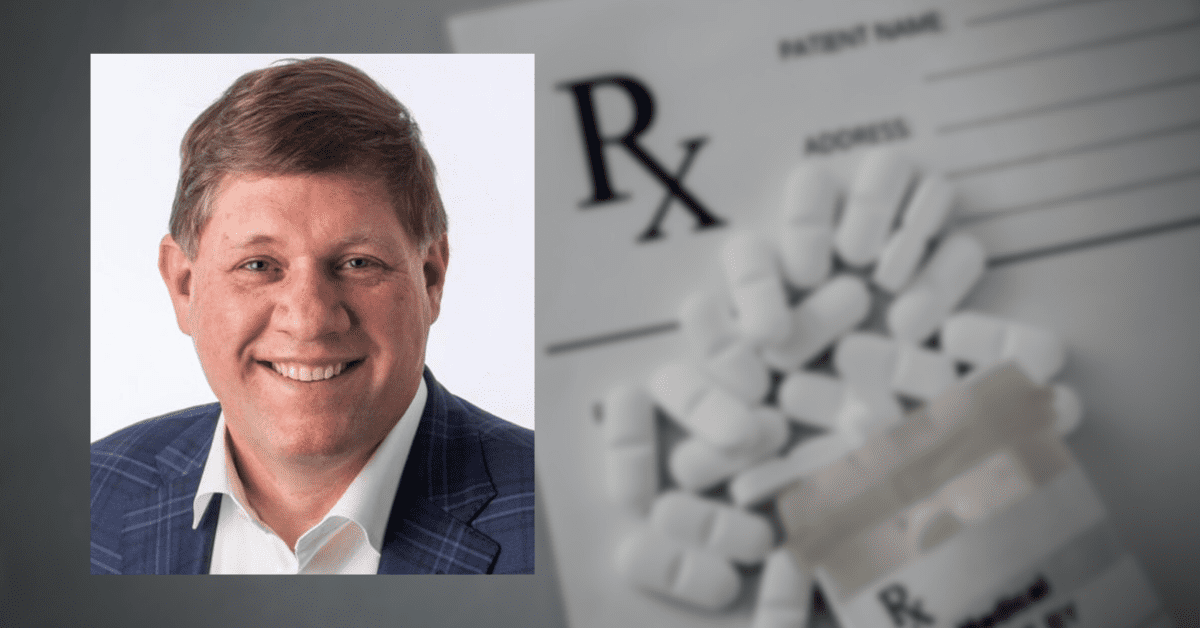
No matter the well-meaning intentions of many physicians, some of the measures currently being employed actually lead to serious harm.
As a physician, I took an oath upon completion of my training in which I pledged to do no harm. Those of us in pediatric healthcare must take this obligation perhaps even more seriously because our errors of omission or commission can lead to a lifetime of difficulty for both our patients and their loved ones. The best way to avoid such harm, in addition to being properly trained and educated, is to practice evidence-based medicine.
That practice – in which we use all available evidence to support the direction of our treatment – is the standard of care. This has not always been the case in medicine. Bloodletting, cigarette smoking, and the prescribing of cocaine and chloroform for various ailments – these are just a few of the treatments that were felt generations ago to be in the best interest of our patients, but that were not based on sound science. In fact, when, over time, enough evidence had amassed to demonstrate the failure of such measures, we thankfully stopped such prescribing habits and moved in a better direction.
Children with gender dysphoria – a deep-seated discomfort with one’s biological sex – are a particularly vulnerable group. These patients suffer disproportionately from anxiety, depression, and other mental health disorders that commonly affect today’s youth. No matter the well-meaning intentions of many physicians who care for these patients, some of the treatment measures currently being employed such as puberty blockers, cross-sex hormones, and “affirmation” surgeries, actually lead to serious harm including liver inflammation, bone demineralization, increase in cardiovascular disease, arrest of normal pubescent brain development, permanent sterilization, and profound and irreversible sexual dysfunction.
Perhaps of greatest importance is the fact that the “standard of care” currently recommended by some organizations in the treatment of these children is based on only a few studies of very poor scientific quality, promoted by activists and their opinions, and is in spite of a growing body of data and quality research that flatly conflicts with the gender treatment of minors.
If we are to take this Hippocratic oath of ours seriously, both in our home state and in our nation as a whole, we must look at the evidence that is available. This is currently being done by other countries and medical societies worldwide. Increasingly, the conclusion is that the best and most reasonable and effective thing to do is to stop harmful gender transition treatments and limit the treatment of such disorders in minors to intensive counseling and psychotherapy. This treatment has demonstrated to be just as successful if not more so, even in the short term, as the measures noted above–and it doesn’t subject children to the irreversible harm of puberty blockers, cross-sex hormones, and disfiguring surgeries.
There’s a quote from CS Lewis in which he says, “Progress means getting nearer to the place you want to be. And if you have taken a wrong turn, then to go forward does not get you any nearer. If you are on the wrong road, progress means doing an about-turn and walking back to the right road; and in that case the man who turns back soonest is the most progressive man.”
The members of the American College of Pediatricians take our motto of BEST FOR CHILDREN very seriously. If our goal in the treatment of children with this or any disorder is to get “nearer the place we want to be” in medicine, then indeed, the most progressive thing to do is to stop doing real and potential harm to our patients and re-evaluate our direction. It is our Hippocratic duty to treat all of our patients with the best medical science available. The best studies we have to date indicate that the most progressive thing to do in treatment of these vulnerable patients is the conclusion that many physicians, professional organizations, and other countries have concluded: do no harm.








